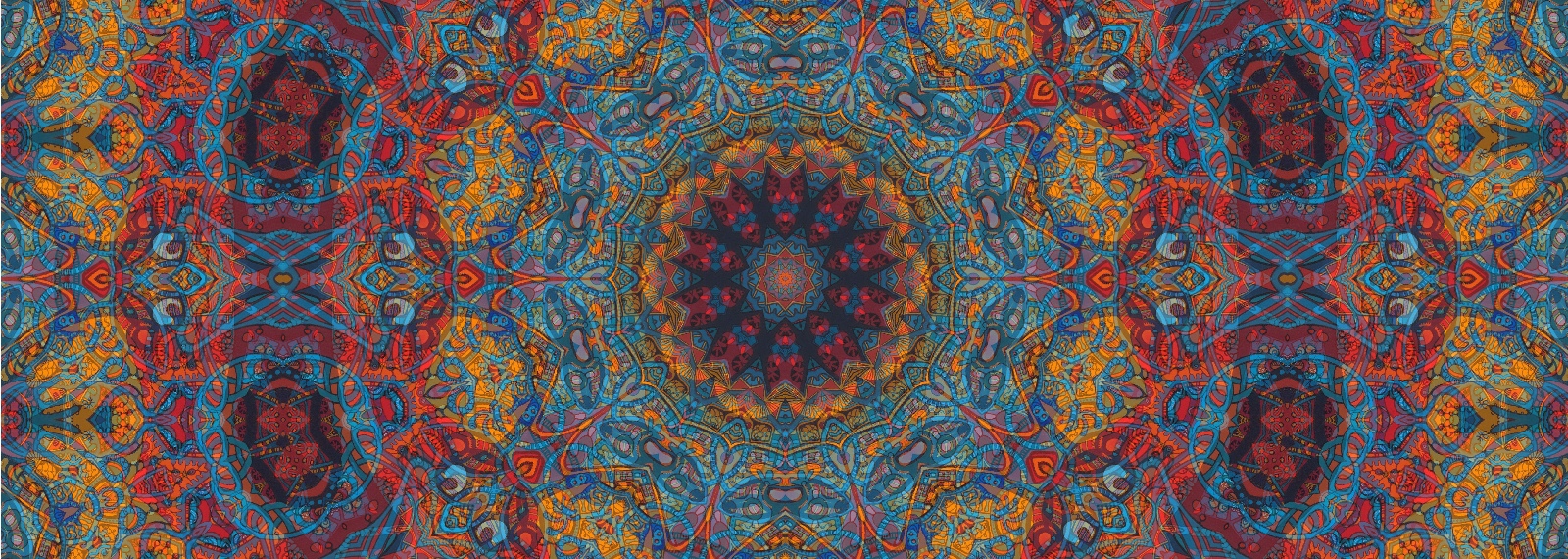Episodes

Wednesday Nov 06, 2019
THE CASE FOR LABOUR - GE 2019
Wednesday Nov 06, 2019
Wednesday Nov 06, 2019
This podcast is the first of several we will be doing in the run up to the general election to be held in the UK on December 12th 2019. It makes the general case for Labour as being the only party addressing the stark fact that 'business as usual is not an option'. It ranges quite far and wide, but with some focus on 'The Green Industrial Revolution'. [Free. 58 minutes.]
![MISLEADING SLOGANS [2] "#SURRENDER BILL"](https://pbcdn1.podbean.com/imglogo/image-logo/771447/hyradiologobig2_300x300.png)
Friday Sep 13, 2019
MISLEADING SLOGANS [2] "#SURRENDER BILL"
Friday Sep 13, 2019
Friday Sep 13, 2019
In this podcast we deconstruct the hashtag "surrender bill" which Prime Minister Johnson has been repeating at every opportunity. This hashtag attempts to spin the bill which recently passed through parliament making it illegal for the government to allow a no deal brexit or a brexit with a new deal without parliamentary consent on 31st October as somehow a surrender in an imagined war. We trace how this framing attempts to resonate with myths and fantasies around World War 2. [Free. 26 minutes.]

Sunday Aug 25, 2019
THE WORLD BURNS
Sunday Aug 25, 2019
Sunday Aug 25, 2019
This podcast briefly outlines the political, economic and ecological contexts and ramifications of the unprecedented fires in the Amazon rain forest that have hit the news this week. [Free. 32 minutes.]

Monday Jul 22, 2019
THE CASE FOR JEREMY CORBYN
Monday Jul 22, 2019
Monday Jul 22, 2019
This engagement with current affairs has already been over-taken by events. However, it may contain some enduring points. I consider the billionaire-owned media attacks on Jeremy Corbyn and his socialist project, including but not exclusively, the charges of anti-semitism. I note the presence of neo-liberal apologists within the UK Labour Party. In the light of my contention that 'business as usual is not an option', given economic, ecological and cultural instability on a global scale, I elucidate and evaluate the idea of a 'Green New Deal' as is being considered by Labour as well as Justice Democrats in the USA, particularly Bernie Sanders. I argue that a glimmer of hope is contained by this movement. [Free. 42 minutes.]

Sunday Mar 24, 2019
THATCHERISM REVISITED
Sunday Mar 24, 2019
Sunday Mar 24, 2019
In this podcast, I read a short essay I wrote in 1989 describing and analysing the previous ten years of Thatcherism. [Margaret Thatcher became PM of the UK in 1979.] I offer it here to illustrate how the Thatcher electoral victory of 1979 gave rise to ideological and practical dominance by neoliberalism which still has momentum, though now running down. [Free. 13 minutes.]

Friday Nov 09, 2018
CAPITALISM WITH A HUMAN FACE?
Friday Nov 09, 2018
Friday Nov 09, 2018
This podcast was stimulated by a riposte to Aaron Bastami's adage that 'Tories exist to break the poor' which cites Disraeli's lament at the class split in the nation as well as to the building of hundreds of thousands of council houses in 1950s UK as evidence of a right wing benevolence. The main point I make against this notion that Capitalism may have a human face is that every working class advantage was either struggled for or 'granted' by the powers that be for reasons of economic necessity rather than generosity. In this context, I discuss the industrial reserve army and the high cost of training workers as productive technology historically got more sophisticated. I take a detour around the recent Greek economic crisis, the power of information and money, the instability of the money system, and the value and danger of utopian thinking. [Free. 29 minutes.]

Friday Nov 09, 2018
JUNK ECONOMICS
Friday Nov 09, 2018
Friday Nov 09, 2018
This podcast is a squib inspired by Michael Hudson's J is for Junk Economics [2017] and the tumbleweed now bowling along the deserted high street. In this light, I examine Amazon's rapid metastasis and the phenomenon of believing that 'the stock is the product', to quote Action Jack Barker of Silicon Valley. Consideration naturally follows of Hudson's central thesis that neo-liberal economists are not really followers of Adam Smith, but have inverted his message, championing finance capital, [and, more generally, gaming the system], over and against productive capital. [Free. 30 minutes.]

Sunday Aug 12, 2018
IS SMALL BEAUTIFUL?
Sunday Aug 12, 2018
Sunday Aug 12, 2018
This meander was stimulated by a recent repudiation by Zizek of the possible role of small communities in any future human flourishing. In this context, I revisit E. F. Schumacher's Small is Beautiful (1973). I discuss some of the core ideas from that seminal work. In particular, I focus on the treatement of raw materials as [inexhaustible] income and the treatement of the environment as a free dump by capitalism and the economic theories that act as its ideological justification. I touch upon intermediate technology, the role of 'spirituality' in the good life, the way in which economic theories and political practice often treat people as numbers on a spreadsheet, the 1984-5 UK Miners' Strike and the persistence of alienation in nationalised industries. I do this by discerning Zizek's 'inner Schumacher' and Schumacher's 'inner Zizek' and recounting instances of their expression. In both cases these inner others are mostly repressed, but vigorous enough to surface now and then in brilliant insight. [Free. 47 minutes.]

Thursday Aug 02, 2018
INTOXICATION AND THE WILL TO POWER
Thursday Aug 02, 2018
Thursday Aug 02, 2018
In this podcast I consider Nietzsche's accounts of promise-making, bad conscience, ressentiment, the mnemo-technics of pain and the rise of Christianity understood as the spiritual revenge of slaves as outlined in On the Genealogy of Morals [1886]. I offer a riposte to Judith Butler's objection to Nietzsche's account of the development of a continuous will which seems to be in contradiction to Nietzsche's account of language as a 'moving army of metaphors'. [Butler, 1997 - The Psychic Life of Power.] From there, I move on to consider how the concept of ressentiment can be utilised to understand the current populism in conjuction with the notion of ideology. To the Freudian-Marxists question 'Why do slaves aquiesece in their slavery?', the Nietzschean might answer, 'They don't always. Sometimes they seek subterranean means of revenge in order to experience the intoxication of exerting their will to power over others.' [Free. 39 minutes.]

Sunday Jul 29, 2018
VALUE & NATURALLY OCCURRING COMMUNISM
Sunday Jul 29, 2018
Sunday Jul 29, 2018
This podcast is stimulated by David Graeber's remarks on value and a possible revolutionary ethical paradigm shift that could place value creation not in production of commodities but production of people. I follow Graeber, though with artistic license, jumping off from the platform he provides to extol the virtues of 'naturally occurring communism', to praise idleness, to see hope in the revitalisation of the flame of humanness. I draw on Adam Smith, Marx, Engels, the TV series Silicon Valley and Bertrand Russell. [Free. 26 minutes.]

